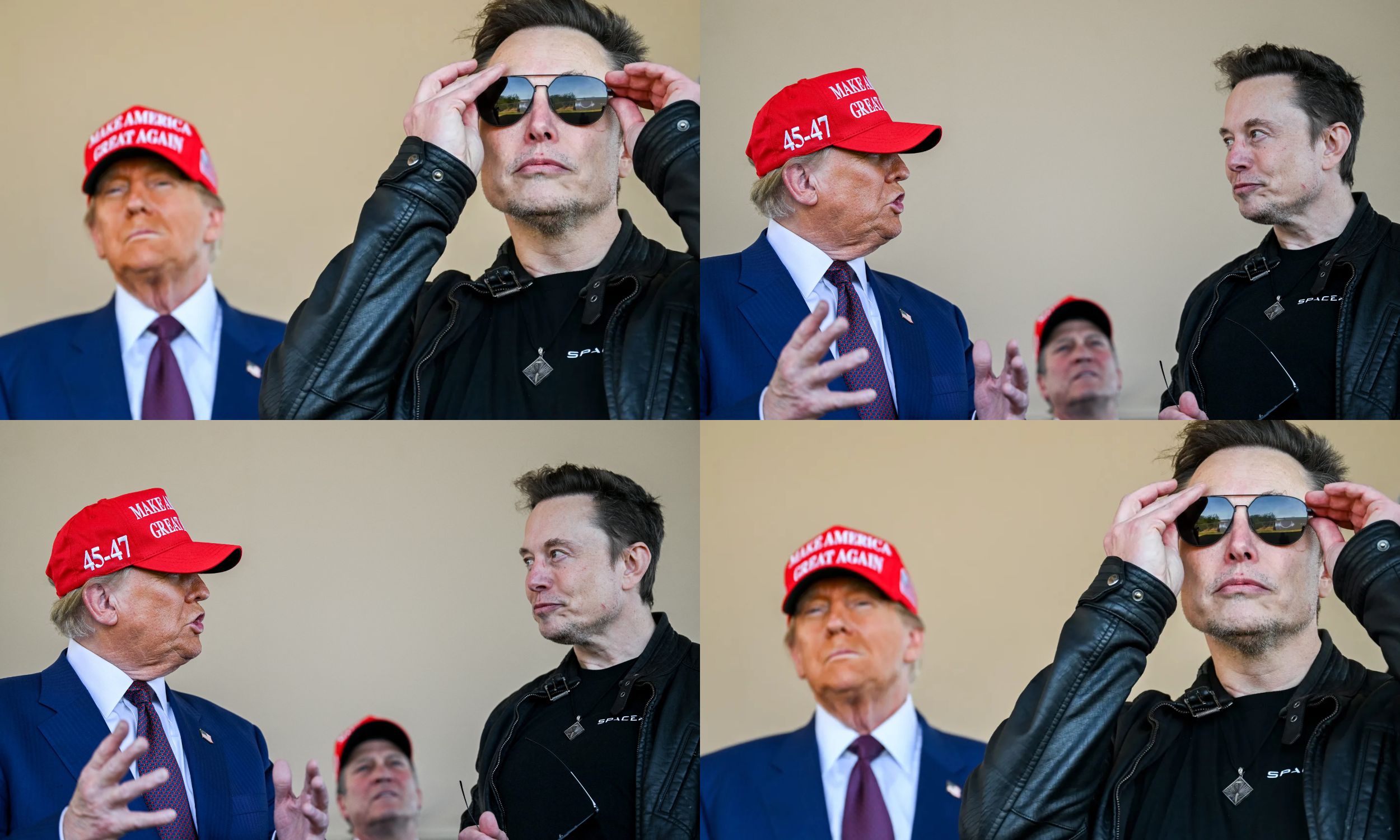Elon Musk and Vivek Ramaswamy are counting on the conservative majority in the Supreme Court to back their plans for reducing federal regulations and improving government efficiency. Appointed by President-elect Trump, the duo is set to lead the newly established “Department of Government Efficiency” (DOGE), a non-governmental body dedicated to dismantling bureaucratic structures and reducing governmental spending.
In a Wall Street Journal op-ed, Musk and Ramaswamy pointed out that, with Trump’s decisive electoral victory and a solid 6-3 conservative majority in the Supreme Court, DOGE has a unique opportunity to push through major cuts to the federal government. “We are prepared for the onslaught from entrenched interests in Washington. We expect to prevail,” they declared.

The op-ed emphasizes that with a Supreme Court reshaped by Trump’s three conservative appointees, they believe legal challenges to their initiatives will be swiftly dismissed. However, legal and financial experts caution that the Court has not provided Musk and Ramaswamy with the broad leeway they anticipate for enacting these sweeping changes.
Joann Needleman, who heads the financial services regulatory practice at Clark Hill, expressed skepticism, noting that while Musk and Ramaswamy want to make sweeping changes, the process will be more like a delicate operation rather than a drastic overhaul. “They want to go in with a blowtorch, but it’s going to take a pair of tweezers to unravel the bureaucracy,” she said.
Musk and Ramaswamy reference two key Supreme Court rulings as a basis for their mission to curb regulatory power. The 2022 case West Virginia v. Environmental Protection Agency saw the Court affirm that federal agencies cannot make significant decisions without clear Congressional authority.
Then, in the 2023 case Loper Bright v. Raimondo, the justices overturned the Chevron doctrine, which previously instructed courts to defer to agencies in cases involving ambiguous laws. These rulings have been interpreted by Musk and Ramaswamy as a mandate to reduce the scope of federal regulations.
Legal experts have contested this interpretation. Nicholas Bagley, a University of Michigan law professor, argued that Musk and Ramaswamy’s view misrepresents the Court’s rulings. While the Court clarified how challenges to agency actions should be evaluated, it did not strip agencies of their authority to reconsider or change regulations. Bagley pointed out that the Court’s decisions were not about eliminating procedural steps but reshaping how courts review agency decisions.
Needleman echoed this sentiment, emphasizing that the rulings, especially Loper Bright and West Virginia, do not provide a simple path for dismantling the regulatory state. “These cases focused on agency overreach, not agency contraction,” she said, suggesting that the rulings will help guide agencies on how to operate rather than simply reduce their power.
Looking to curb federal spending, Musk and Ramaswamy have also proposed overturning a 1974 law that restricts presidents from halting spending authorized by Congress. Trump has called the law unconstitutional, and Musk and Ramaswamy believe the Supreme Court would likely side with the president-elect on this issue. However, experts, including Bagley, caution that even with a conservative Court, the justices are unlikely to rewrite fundamental constitutional and administrative law for the sake of the DOGE initiative.
Despite these challenges, there are actions Musk and Ramaswamy could take with minimal legal resistance. The duo has outlined a plan to identify regulations that could be rolled back by executive action, with Trump able to halt enforcement of certain rules and begin rescinding them. Agencies are generally allowed to modify regulations after a notice-and-comment period, which does not require judicial intervention.
Musk and Ramaswamy’s push to reduce government spending may face pushback, especially regarding the 1974 law. But Bagley points out that executive actions to rescind regulations could proceed with relative ease, such as requiring federal employees to return to the office. On the other hand, efforts to withhold Congress-mandated funds would be seen as an aggressive and likely unconstitutional move.
As they pursue their vision of downsizing the federal government, Musk and Ramaswamy will encounter additional hurdles. While they plan to leverage their influence within the executive branch, they will need to coordinate with the Office of Management and Budget (OMB) and the Office of Information and Regulatory Affairs (OIRA).
Needleman stressed that their ideas can only be implemented effectively if they work through these agencies. “If Trump really wanted them to execute his plans, he would have appointed one of them as the director of OMB,” she said.


